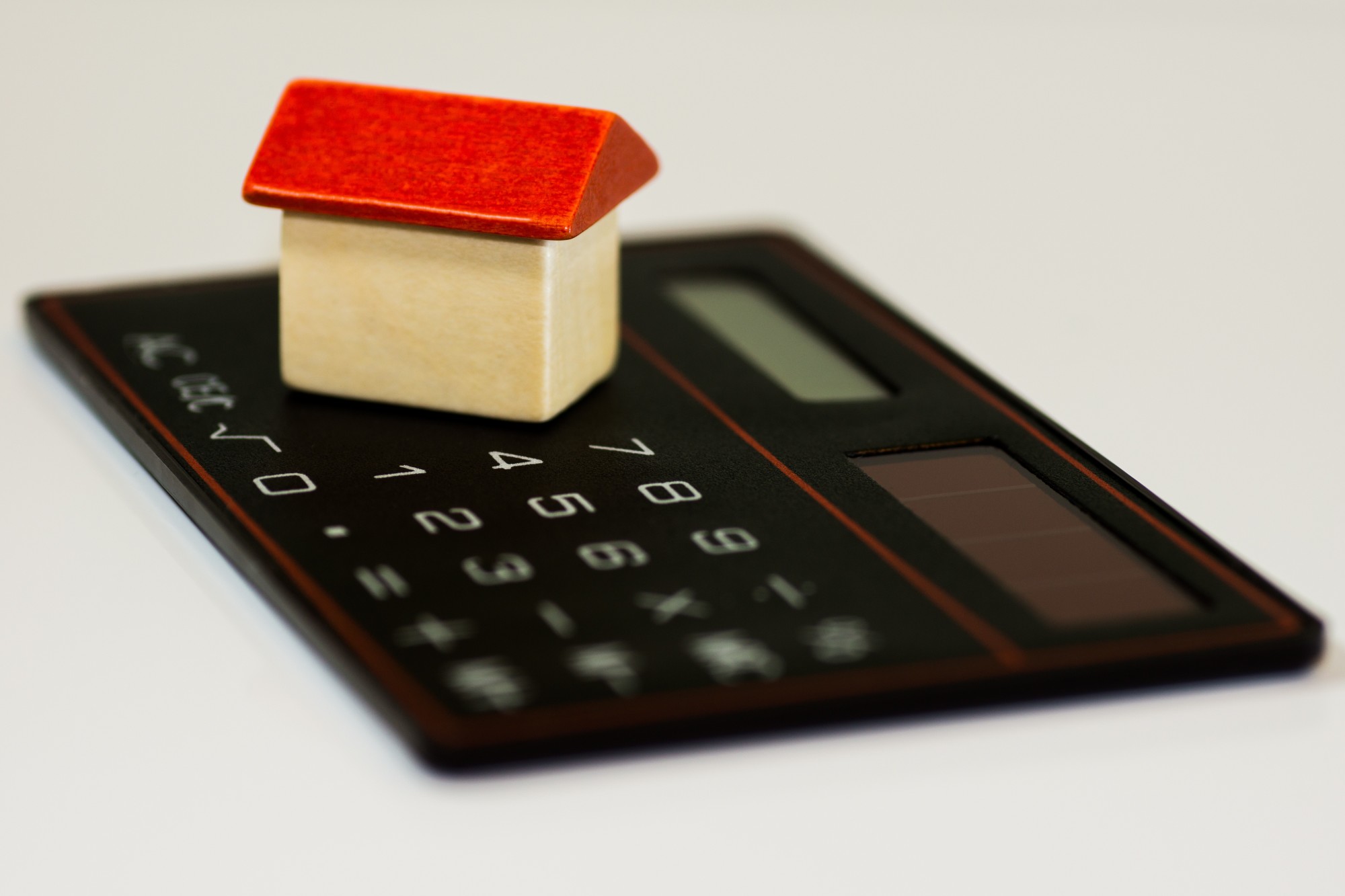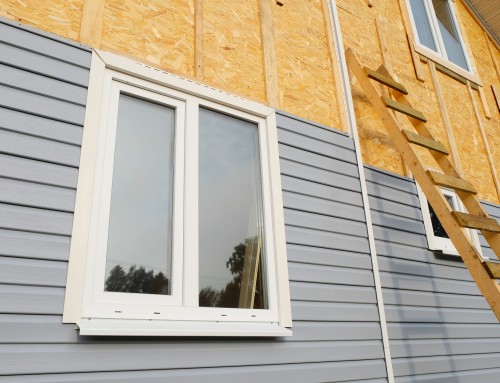Buying a home for the first time can be a little intimidating. Aside from having to put time into finding a home you’re interested in, you’re also going to have to figure out how you’re going handle house financing.
How do you know if you can qualify for the housing loans? Do you know the best way to find loans for houses, or how home loans work?
If you want a little insight into the best way to prepare for securing home financing, you’ve come to the right place. Keep reading for a little insight into mortgages and learn how you can set yourself up to qualify for a loan that can buy you the home of your dreams.
Mortgage 101
You’re eager to buy your first home, but before you can get the house of your dreams you need to secure the right financing for it.
If you’re looking for financing for a home, your best bet is going to be getting a mortgage for your home.
It isn’t uncommon for people to refer to a mortgage as a loan that’s large enough to cover the cost of buying a home. A loan is part of the deal, but technically, the term mortgage refers to the terms you agree to in order to get the loan.
A mortgage (which may be called “deed of trust” in certain states) is a legal document borrowers sign when they buy or refinance a home that states that the lender has the right to take the property if you are unable to repay the loan.
After you find a lender and sign your mortgage, a copy of it will be filed away in your county records as a lien which will serve as a legal claim against the home.
This is why you should view a mortgage as a combination of a legal and a financial agreement. If you end up choosing a mortgage that you can’t afford or work with a lender you can’t trust, you could be setting yourself up for problems in the future.
Our Top Three Tips for Securing House Financing
As you can see, mortgages are a serious financial agreement between people and financial institutions. That’s why it’s important for borrowers to make sure that they’re setting themselves up to get the best housing loans possible.
There are a variety of mortgages you could apply for, but despite the differences in loans and agreements, there are certain things that are universal in the mortgage world.
If you want to ensure that you’re getting the best mortgage and rates possible for your financial situation, make sure you follow these tips when you’re applying.
1. Work on Your Credit Score
Credit scores play an important role for lenders and borrowers. You can view your credit score as a gauge people use to judge how financially responsible you are, and how likely you are to pay back a debt.
A low credit score can severely delay home buying dreams. Each lender has different standards for credit scores, but in general, having a score in the upper 600s is usually a good starting point for mortgage borrowers.
Some homebuyers don’t give their credit score a second thought until it’s time for them to buy. The time to think about your score isn’t when you’re ready to head to the bank, you should be working on ensuring that you have a solid credit score months or even years before you want to buy a home.
The first step is to find out what your actual score is. Signing up for a free credit monitoring service like Credit Karma can tell you your score and also give you insight into your credit history. If you find that your report or history has errors, reach out to institutions to correct them.
If your score is low, don’t despair. There are plenty of ways for you to improve it. Make a commitment to pay your bills on time, focus on paying off balances, and try to avoid opening any new lines of credit before you get your mortgage.
2. Research Your Lender
When you’re looking for a lender, it’s important to do your research on them. Visit page after page of borrower reviews to see how people like dealing with their lender after they’ve signed on the dotted line.
Some lenders can seem perfect when they’re trying to get you to agree to a mortgage but may not be helpful down the line.
Pay attention to reviews from people that have had to refinance their homes. Did they feel like the process was simple and that representatives were helpful or did they feel like they had to navigate the process on their own?
Also, look for any reviews from people that mention that they had to deal with financial hardship. You never know what the future will bring, and working with a lender that does what they can to help borrowers during tough times can help you in the long run.
3. Save Up for Your Down Payment
You may be tempted to secure mortgages from lenders that claim that you don’t need a large down payment, but securing a big down payment will be better for you over time.
If you get a mortgage that doesn’t require you to have a large down payment, you’ll end up with a higher interest rate and a lengthier pay-off date. That’ll help the lender profit off of you, but it won’t do much to help you financially.
You could get a down payment that’s as low as 3.5 percent of your original cost, but if you want to lower your overall home-buying costs try to save at least 15 to 20 percent for it.
A 20 percent down payment doesn’t just significantly reduce your mortgage cost, it also alleviates the need for your lender to attach have private mortgage insurance (PMI) to your agreement. The PMI can cost a lot of money, and being able to start off without it will give you a much better rate.
Improve Your Finances
House financing may seem difficult, but the truth is that it’s a very straight forward process. As long as you research your lenders, improve your credit score, and save for your down payment, you’ll be able to find a great mortgage.
Securing a good mortgage is only one thing you can do to set yourself up for a great financial future.
We have a lot of helpful content on our site for people that want to improve their finances. Be sure to browse all of our business and finance posts so you can find advice about topics that matter the most to you.











